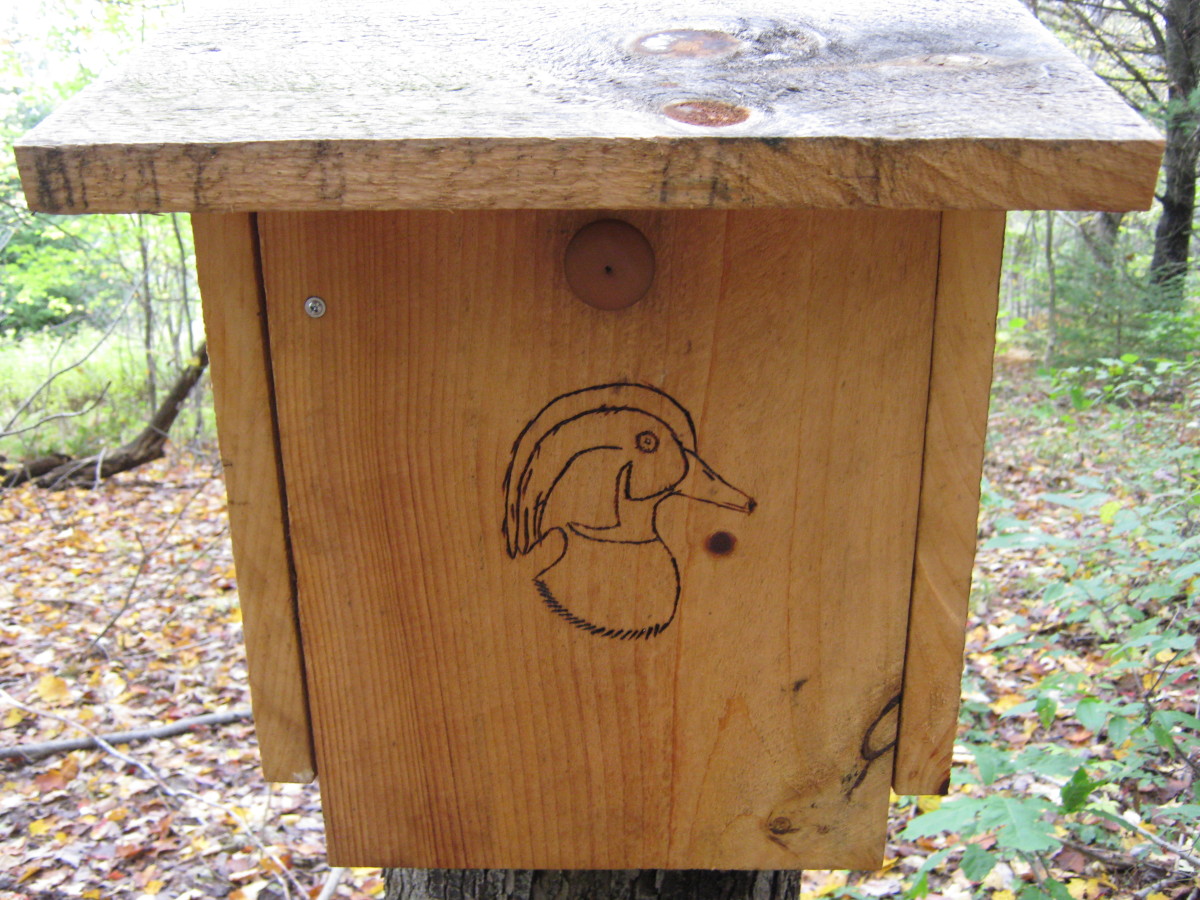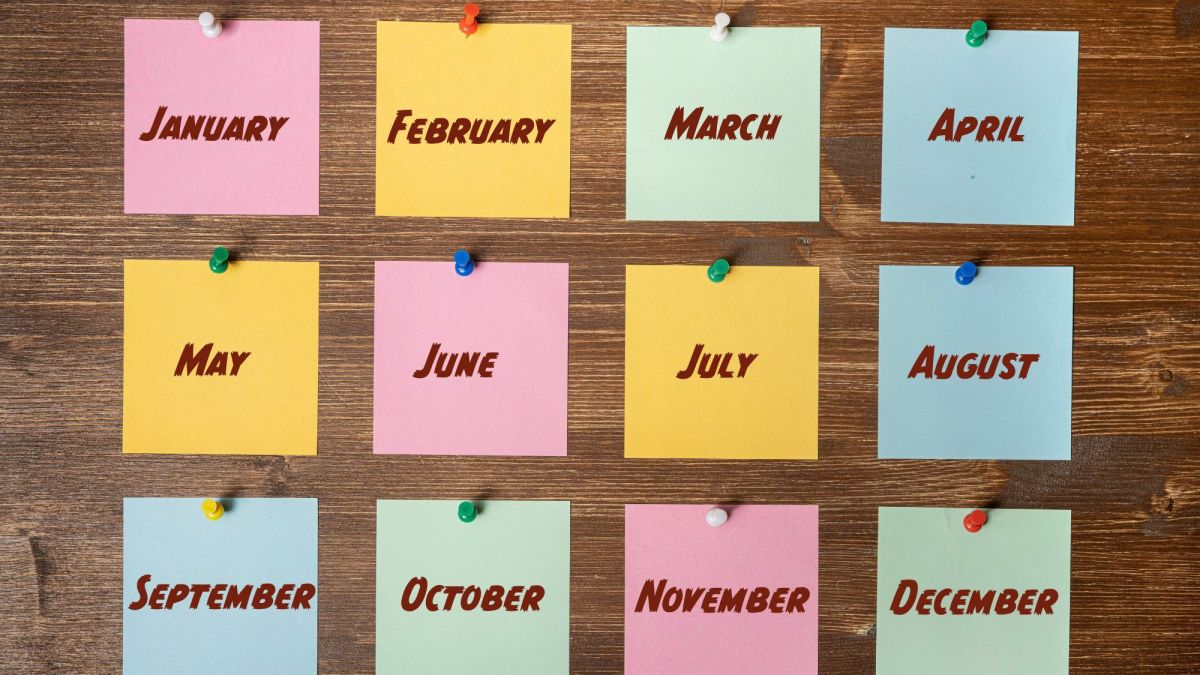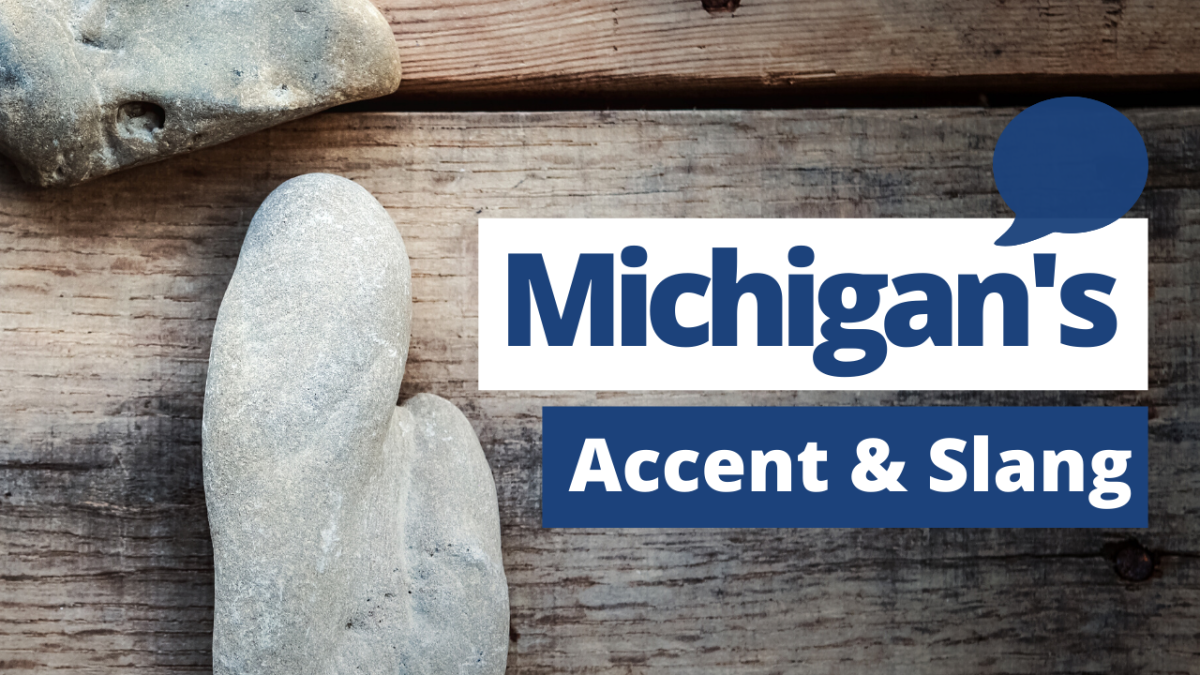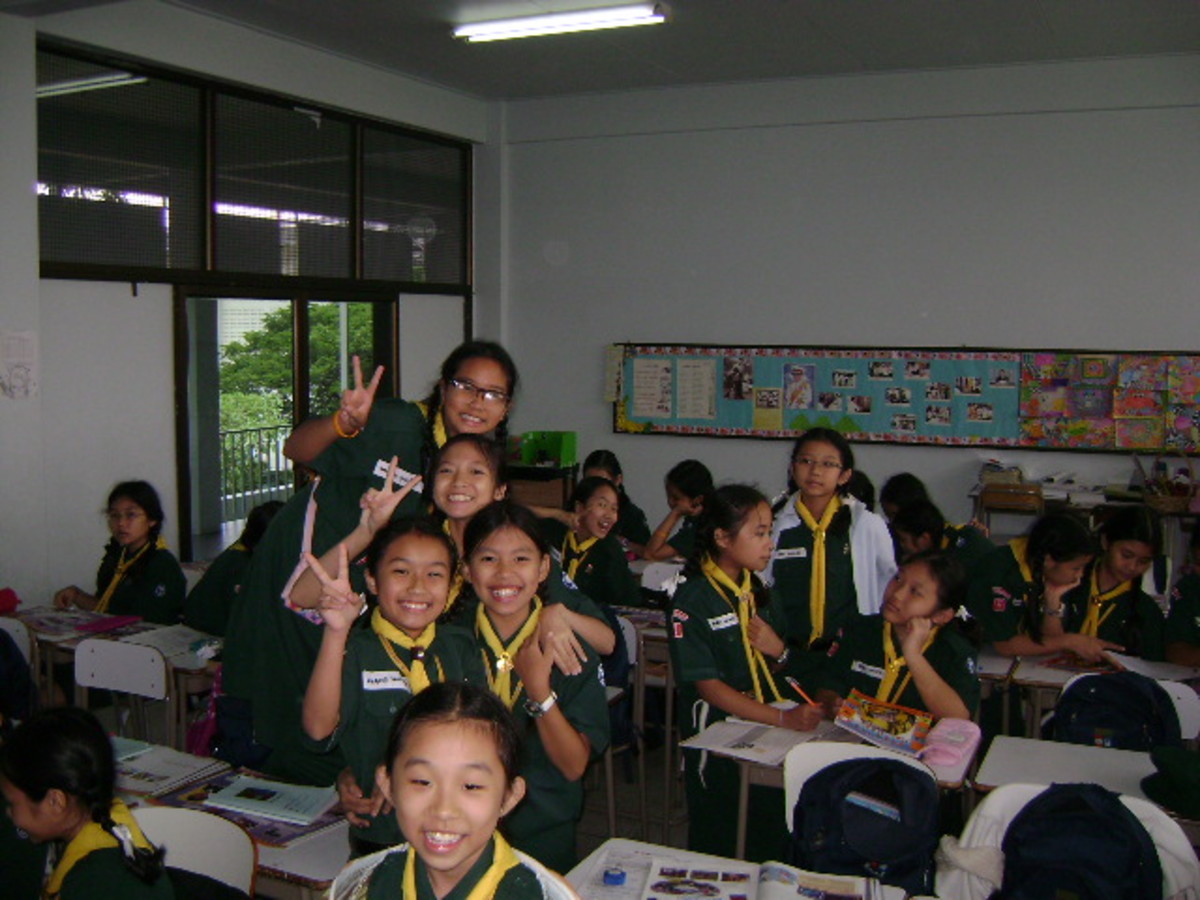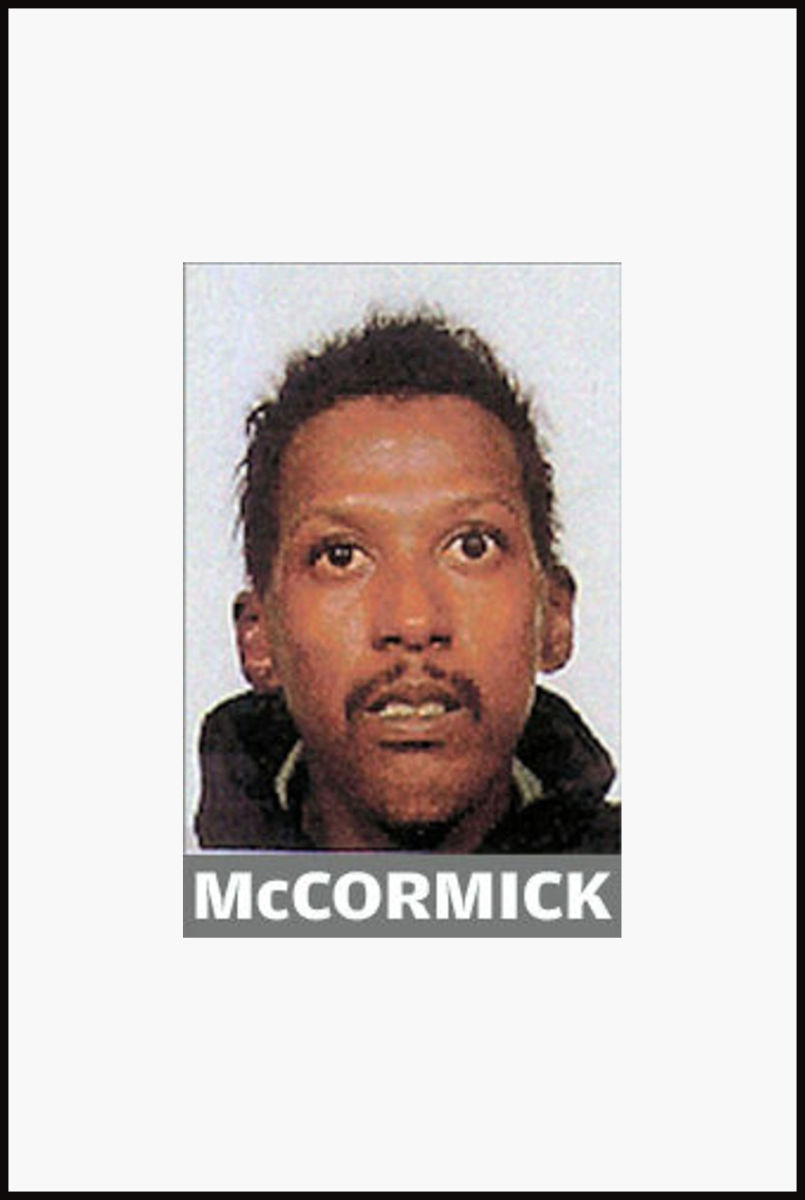"Hello" in Other Languages
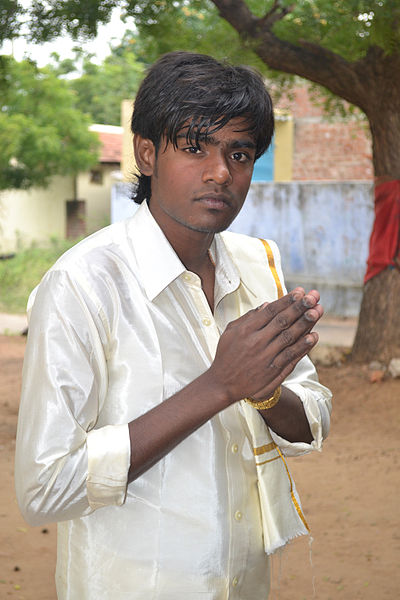
Starting a Conversation
What do you do when traveling and you would like to start a conversation with someone or ask for directions or ask where you can find a public toilet?
You should always say hello, but what else should you do?
How should you approach people at a social gathering or in a business setting? Should you shake hands when you meet someone? Should you kiss them on both cheeks?
This article will assist you, but remember...customs change, so be certain to verify the facts for a given country before you leave home.
Greeting People
Should you shake hands? Should you kiss someone on both cheeks? Read this guide to find out.
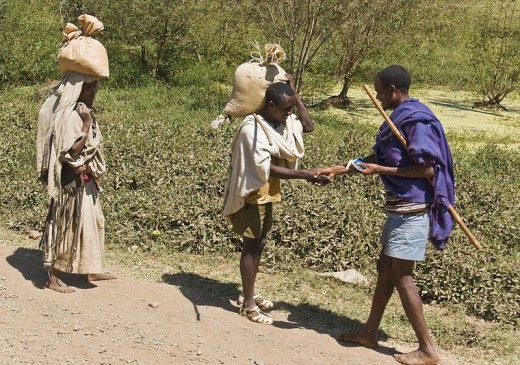
* Algeria *
Handshaking is a common greeting, both on meeting some and upon leavung. Kissing someone upon both cheeks—both men and women—is also a common form of greeting.
* Australia *
A firm handshake is customary.
* Bangladesh *
When introduced to a man, it is customary to shake hands. When introduced to a woman, wait for her to extend her hand first.
* Belgium *
Cheek kissing is done three times, alternating cheeks. Shake hands when greeting or saying goodbye to each person at a social or business gathering.
* Brazil *
Both men and women shake hands when they meet and upon leaving.
* Bulgaria *
A handshake is the usual form of greeting.
* Chile *
When people are first introduced, a handshake is customary, as is a kiss in the right cheek.
* China (People's Republic of China) *
A slight bow is appropriate when meeting someone. A handshake is also acceptable.
* Côte d'Ivoire (Ivory Coast) *
A handshake is the customary form of greeting.
* Egypt *
Greeting are often elaborate and effusive, with the host welcoming the visitor many times.
* Finland *
A firm handshake is the usual form of greeting.
* Denmark *
A handshake is the usual form of greeting.
* France *
A light handshake is the usual form of greeting.
* Ghana *
It is customary to shake hands when greeting people and upon leaving.
* Greece *
There aren't any rules for greeting people. Greeks may shake hands, embrace and/or kiss at the first meeting and all meetings which follow.
Hong Kong
Handshakes are common when greeting someone and when leaving.
* Hungary *
A handshake is the usual form of greeting. A man should wait for a woman to extend her hand first.
* Indonesia *
When you are introduced to someone for the first time, a handshake and a nod of the head are proper.
* Iran *
A handshake accompanied by a slight bow is customary.
* Italy *
A handshake is the usual form of greeting.
* Japan *
The usual form of greeting is a long and low bow.
* Kenya *
It is customary to shake hands when greeting people and upon leaving.
* Lebanon *
When greeting people, it is important that you remember to ask about their well-being and their families.
* Luxembourg *
A handshake is a common form of greeting.
* Malaysia *
A handshake is a common form of greeting among men. A slight bow or nod is more appropriate between a man and a Malaysian woman.
* Morocco *
A handshake is the customary form of greeting.
* New Zealand *
A handshake is appropriate when meeting someone and upon leaving. Wait for a woman to extend her hand first.
* Netherlands *
Shake hands with everyone present, including children.
* Pakistan *
A handshake is a common form of greeting.
* Senegal *
It is customary to shake hands when introduced.
* Singapore *
A handshake is the most common form of greeting.
* South Korea *
Men greet each other by bowing slightly and shaking hands with both hands, or just the right hand. Women usually do not shake hands.
* Tahiti *
Most people shake hands when they meet. If you are in a group of 30 people or less, you are expected to shake hands with everyone in the group.
* Taiwan *
A handshake is customary when meeting acquaintances and close friends. A nod of the head is appropriate when meeting someone for the first time.
* Tanzania *
It is customary to shake hands when introduced.
* Tonga *
A handshake is the customary greeting.
This video has been viewed more than 17,525,000 times.
Say "Hello"
Listed below are the ways in which to say hello in several foreign languages. If you have a translation to add, please post it in the Comments section. Thank you.
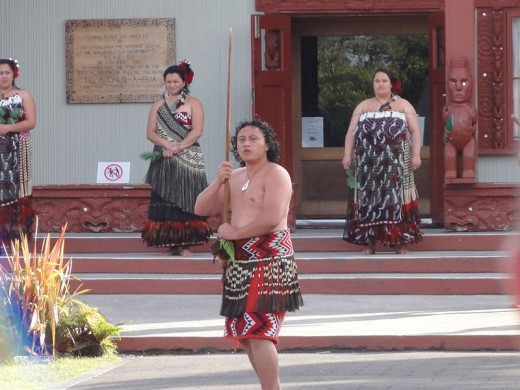
* Arabic *
مرحبا
marhaba(n) — the "n" is not pronounced
* Catalan *
Hola (informal)
(pronounced OH-lah)
* Chinese *
Ni hao
* Croatian *
Bog (informal)
(pronounced bohk)
* Czech *
Dobrý den (formal)
(pronounced Dobree den)
Ahoy (informal)
(pronounced Ahoy)
* Danish *
Hallo (formal)
(pronounced halo)
Hej (informal)
(pronounced hay)
* Dutch *
Hallo
(pronounced HAH-low)
* Finnish *
Moi (informal)
(pronounced MOI)
Hei (informal)
(pronounced HAY)
Terve (informal)
(pronounced TEHR-veh)
* French *
Bonjour (formal)
(pronounced bohng-ZHOOR)
Salut (informal)
(pronounced sah-LUU)
* German *
Guten Tag (formal)
(pronounced GOO-ten-tahk)
Hallo (informal)
(pronounced hah-LOH)
Grüß Gott! (in Austria and the south of Germany only)
(pronounced gruus got)
Servus! (in Austria and Bavaria only—to a friend; informal, but polite)
(pronounced SEHR-voos)
Moin! Moin! (coastline in the north of Germany only, up to 12:00Noon)
(pronounced moin moin)
Moin! (coastline in the north of Germany only, after12:00Noon)
(pronounced moin)
* Greek *
Γεια σας (formal)
(pronounced YAH sahss)
γειά σου (Informal)
(pronounced YAH soo)
* Hebrew *
שלום
Shalom
(pronounced shah-LOHM)
* Hungarian *
Szervusz (formal)
(pronounced SER-voos)
Szia (informal)
(pronounced SEE-ya)
* Italian *
Buon giorno (formal)
(pronounced bwohn JOHR-noh)
Ciao (informal)
(pronounced chow)
* Indonesian *
Halo (formal)
(pronounced HUH-lo)
He (informal)
(pronounced Hey)
* Japanese *
kon-nee-chee-WAH
* Malay *
Hello (formal)
Hi (informal)
* Norwegian *
Hei (informal)
(pronounced hay)
* Polish *
Dzien dobry (formal)
(pronounced Jeyn Dob-ry)
Czesc (informal)
(pronounced Tch-esh-ch)
* Portuguese *
Bom dia (formal)
(pronounced bon DEE-ah)
Olá (informal)
(pronounced O-lá)
* Russian *
здравствуйте (formal)
ZDRAHST-vooy-tye
привет (informal)
pree-VYET
* Spanish *
Hola (informal)
(pronounced OH-lah)
* Swedish *
Hej (informal)
(pronounced hay)
Hej, Hej! (more informal)
(pronounced hay, hay!)
* Thai *
sa-wat-dii (informal)
haloh (answering the phone)
* Turkish *
Merhaba (formal)
(pronounced mehr hah bah)
Selam (informal)
(pronounced sell um)
Reader-Submitted Translations
Several of my readers have submitted translations of "hello." I will be adding them to this section as I receive them.
* Tamil *
My thanks to Mohan Kumar (Docmo), who was born in the state of Tamil Nadu, India for sending me the information related to the Tamil translation...
There is no direct translation for hello. The welcome word in Tamil is vanakkam, which functions as a greeting.
* Translations from Vinaya Ghimire in Kathmandu, Nepal *
Vinaya Ghimire from Kathmandu, Nepal submitted the following translations.
In Nepal, the generic greeting is Namaste.
In Pakistan, the Urdu greeting is Salam Walakum, and the reply is Walakum Salam.
* Translation and Greeting from Anamika S in Mumbai, India *
Anamika S from Mumbai, India has said that Namaste is used as a greeting, and that a handshake is sometimes also offered.
* Translations from Paul Kuehn in Bangkok, Thailand *
Paul Kuehn from Bangkok, Thailand had submitted the following translations.
- In Vietnam, people say chao an.
- The Laotians say sa bai dee.
- The Burmese say ming ga la ba.
- The Muslim Arabs say assalamualaikum.




